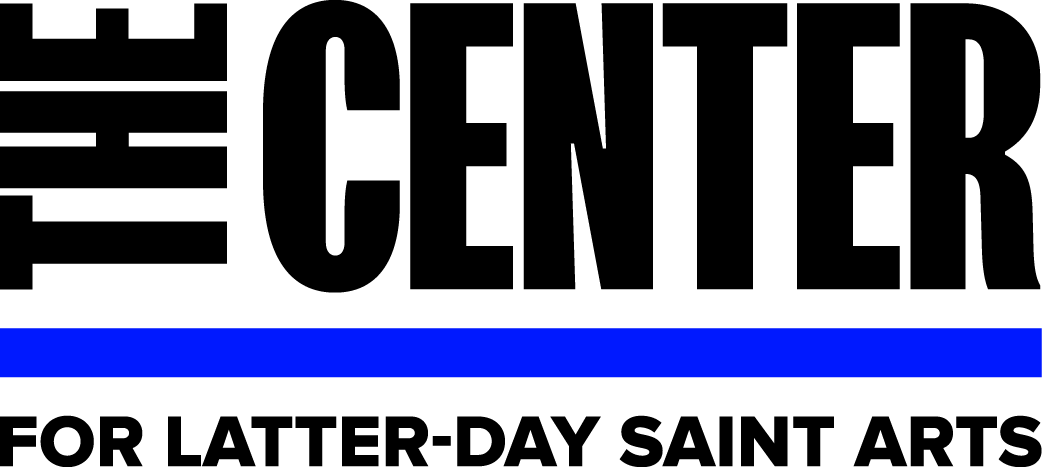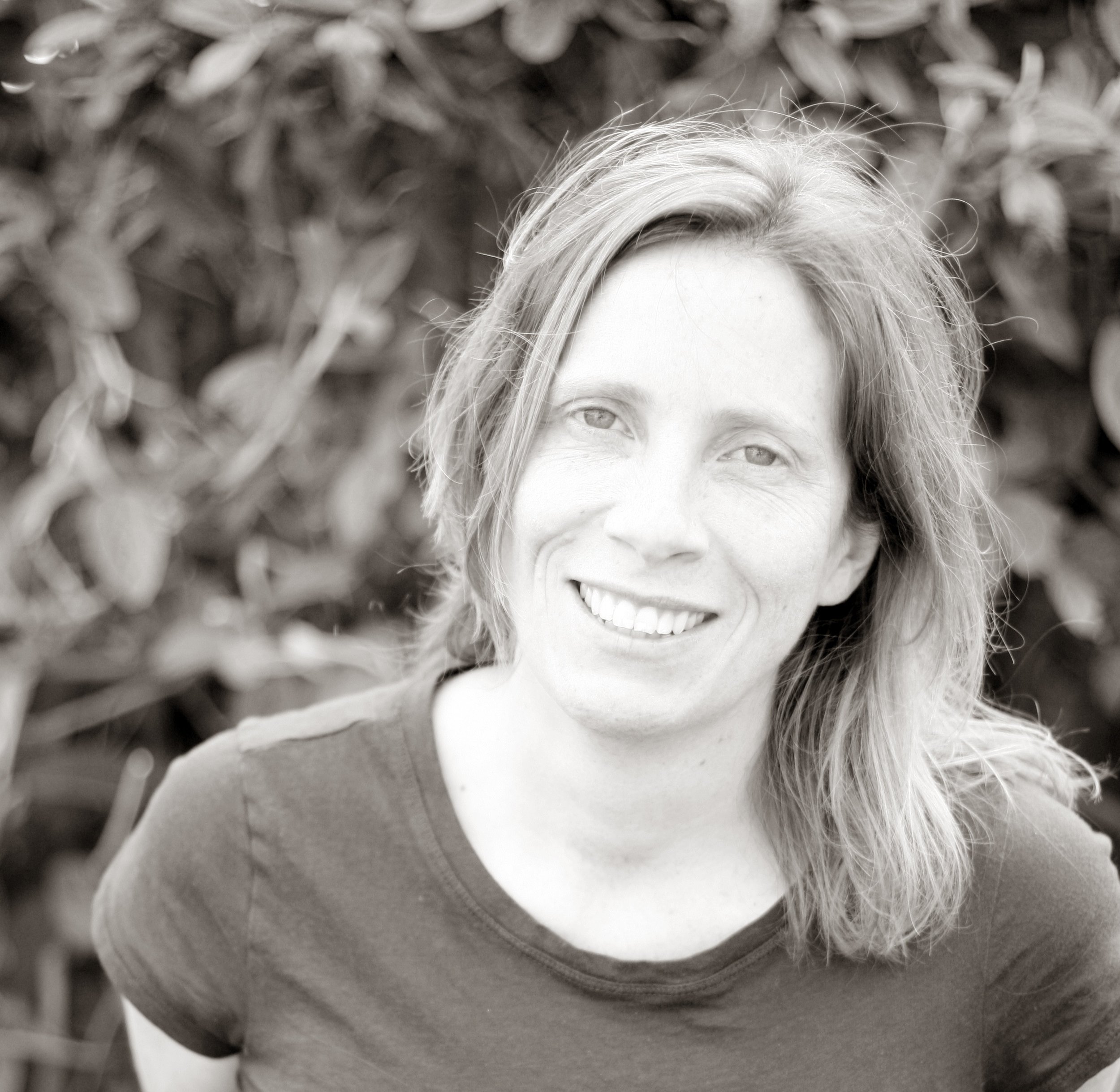College and University Courses
The Center has commissioned leading scholars and educators to create materials for self-study or classroom courses on topics of visual art, music, film, poetry, and popular culture. Each course includes a semester’s worth of readings, discussions, and assignments. Are you ready to learn? Or would you like to take these materials and use them at your school?
The courses are by: Laura Allred Hurtado, Jeremy Grimshaw, Lance Larsen, Eowyn Wilcox McComb, Mason Kamana Allred, Kimberly Johnson, and April Makgoeng.
Contemporary Religious and LDS Poetry
By Lance Larsen
To provide an historical overview of postmodern and contemporary poetry.
To sharpen through discussion and writing your analytical and evaluative skills.
To provide a detailed reading of the work of eight contemporary religious poets (four of them LDS)
To make you better readers of both fixed form and free verse poetry by concentrating on poetic elements such as rhyme, rhythm, meter, syntax, diction, style, enjambment, irony, imagery, symbol, and persona.
To help you apply a variety of critical approaches and reading strategies (formalist, historical, sociological, biographical, psychological, archetypal, feminist, post-structuralist, etc.) to contemporary poetry.
To emphasize the ethical responsibilities of reading.
To have a walloping good time.
“To untie [ourselves], to do penance and disappear / Through the upper right-hand corner of things, to say grace.” (Charles Wright).
Devotional Poetry
By Kimberly Johnson
This class will survey the development of a strong tradition of devotional poetry in the Anglophone tradition, and discover its application in and influence on Mormon literature. We will begin our conversation with a brief introduction to the genre’s earliest expressions in the hymns of ancient Greece and Rome and of the Bible, and its development in early Christian lyrics. We will discover how medieval Scholastics used poetry to augment affectively their intellectual engagements with Christianity, which together would govern the later expansion of lyric poetry in English, both secular and sacred. Shaped both by the generic fashions of continental literature and the upheavals in continental theology, the devotional lyric in English sees an unprecedented efflorescence during the Reformation and post-Reformation eras, and establishes this mode of poetic writing as central to the literary landscape. This seminal period codifies the conventions and expectations of the devotional lyric, and influences its development for the succeeding centuries up until the present day.


